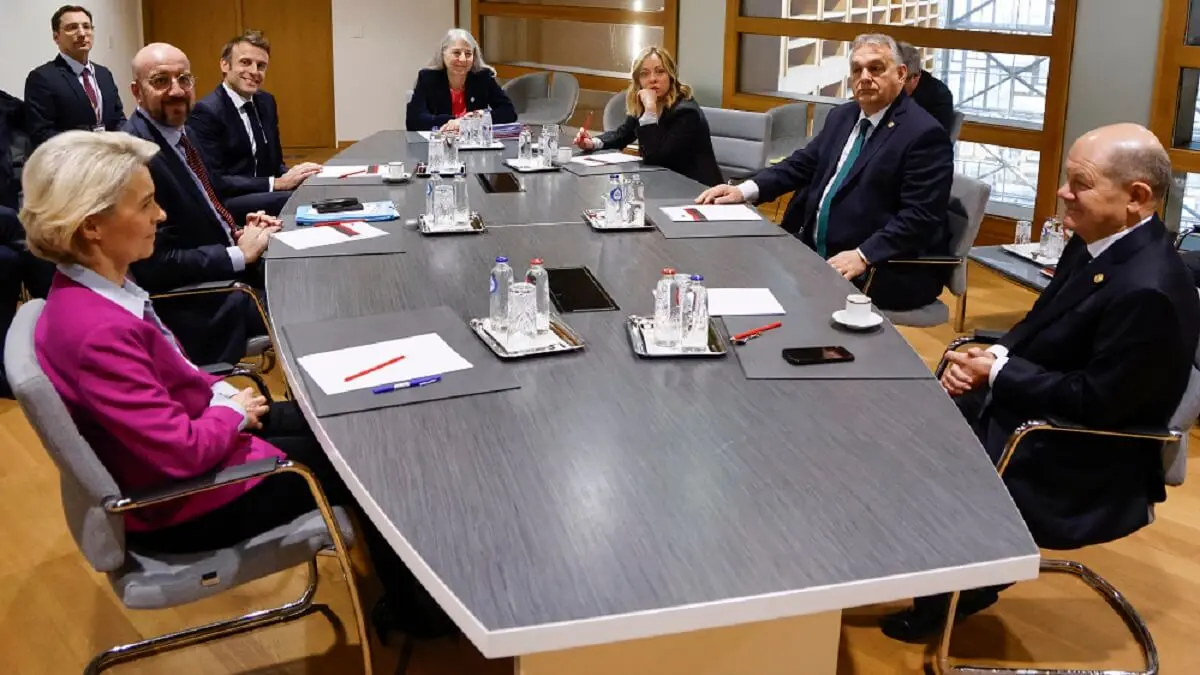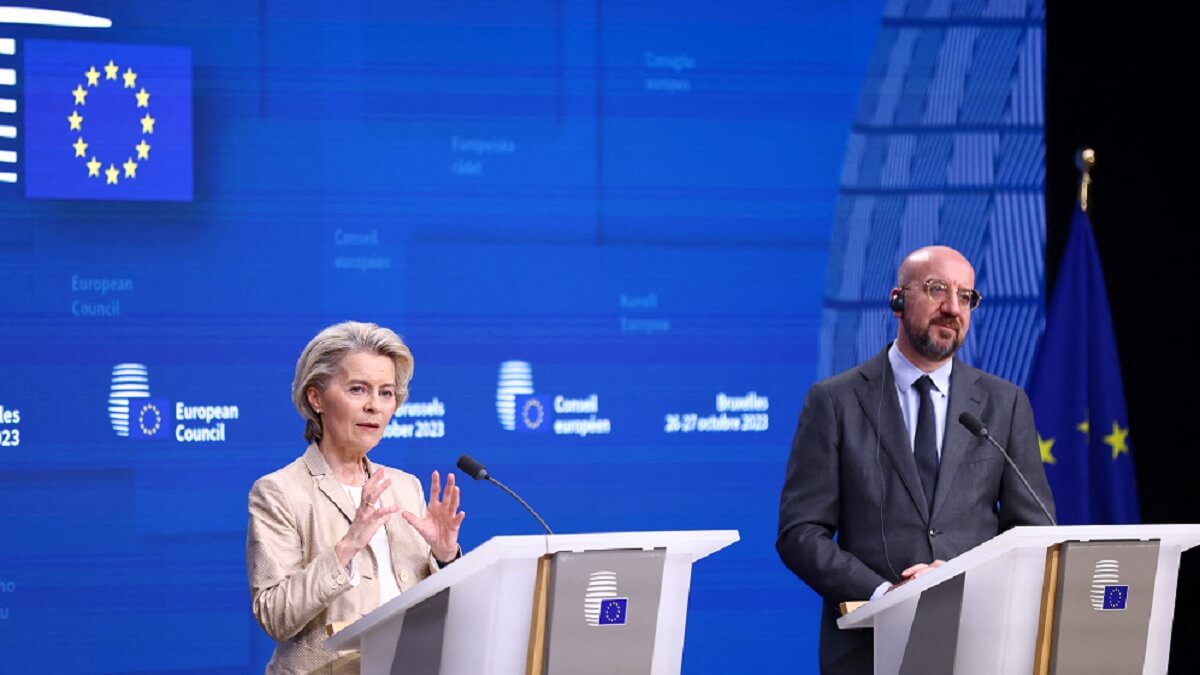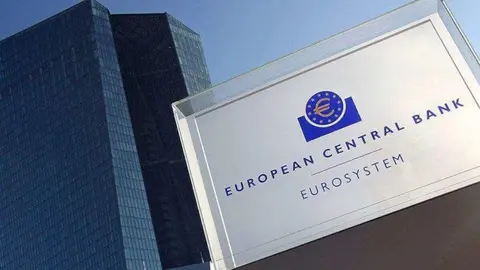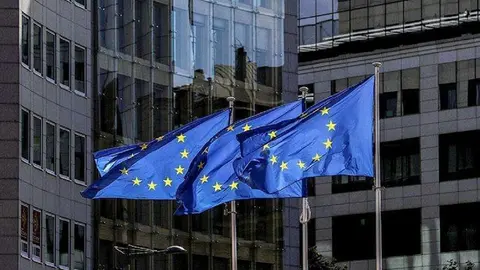EU convinces Hungary and agrees new aid package for Ukraine

European Union leaders agreed Thursday on a 50 billion euro aid package for Ukraine after overcoming Hungary's insistent blockade.
"This secures firm, predictable and long-term funding for Ukraine. The EU is taking the lead and responsibility in supporting Ukraine; we know what is at stake," European Council President Charles Michel posted on the X network, referring to the package, equivalent to 54 billion dollars.
"It is very important that the decision has been taken by all 27 leaders, which shows once again the strong unity of the EU," Ukrainian President Volodimir Zelenski was quick to congratulate, as the second anniversary of the Russian invasion loomed.
"It is a good day for Europe," said European Commission President Ursula von der Leyen, while European Parliament President Roberta Metsola asserted that "Ukraine's security is Europe's security".

Hungarian blockade
The leaders of the 27 EU countries were due to hold a summit in Brussels on Thursday with the task of overcoming Hungary's blockade of aid to Ukraine.
However, a meeting between Michel and Von der Leyen with French President Emmanuel Macron, German Prime Minister Olaf Scholz, Italian Prime Minister Giorgia Meloni and Hungarian Prime Minister Viktor Orban paved the way for a deal before the formal start of the summit.
Orban used his veto on the Ukraine aid package to obtain the return of EU funds due to his country, which the EU has blocked because of doubts about the rule of law in Hungary.
In December, Orban had succeeded in blocking a unanimous agreement on the aid package, which is why it was necessary to convene the special summit on Thursday.
Since the failure of the December summit in the Belgian capital, EU negotiators have been frantically searching for a way to twist the Hungarian prime minister's arm.
The newly agreed huge aid package consists of 33 billion euros in long-term loans, and some 17 billion euros in immediate guarantees and transfers, over a four-year period until 2027.

"One way or another"
Arriving at the meeting in Brussels, Poland's Prime Minister Donald Tusk - a former president of the European Council and an intimate connoisseur of the corridors of power in Brussels - said that "one way or another we will find a solution, with or without Orban".
Tusk's statement made it clear that European leaders were ready to move forward even if Hungary maintained its veto.
At the summit, leaders are also due to address EU countries' commitments on military aid to Ukraine, in particular the delivery of mortar and howitzer ammunition.
In March 2023 the EU had pledged to deliver one million howitzers to Ukraine by the end of March this year, but on Wednesday the head of European diplomacy, Josep Borrell, admitted that it will deliver only about 52% of what was promised on time.
"We have already delivered about 330,000 howitzers (...) I expect this number to increase by another 200,000 by the end of March, just over 52% of our target," Borrell said at the close of a meeting of EU defence ministers.
The summit, however, begins under pressure from a huge demonstration by Belgian farmers, who have blocked the main avenues of Brussels since early morning with a thousand tractors and agricultural machinery. The police, however, kept them away from the headquarters of the European institutions.
According to the police, another 200 tractors and agricultural equipment are on the outskirts of Brussels.










